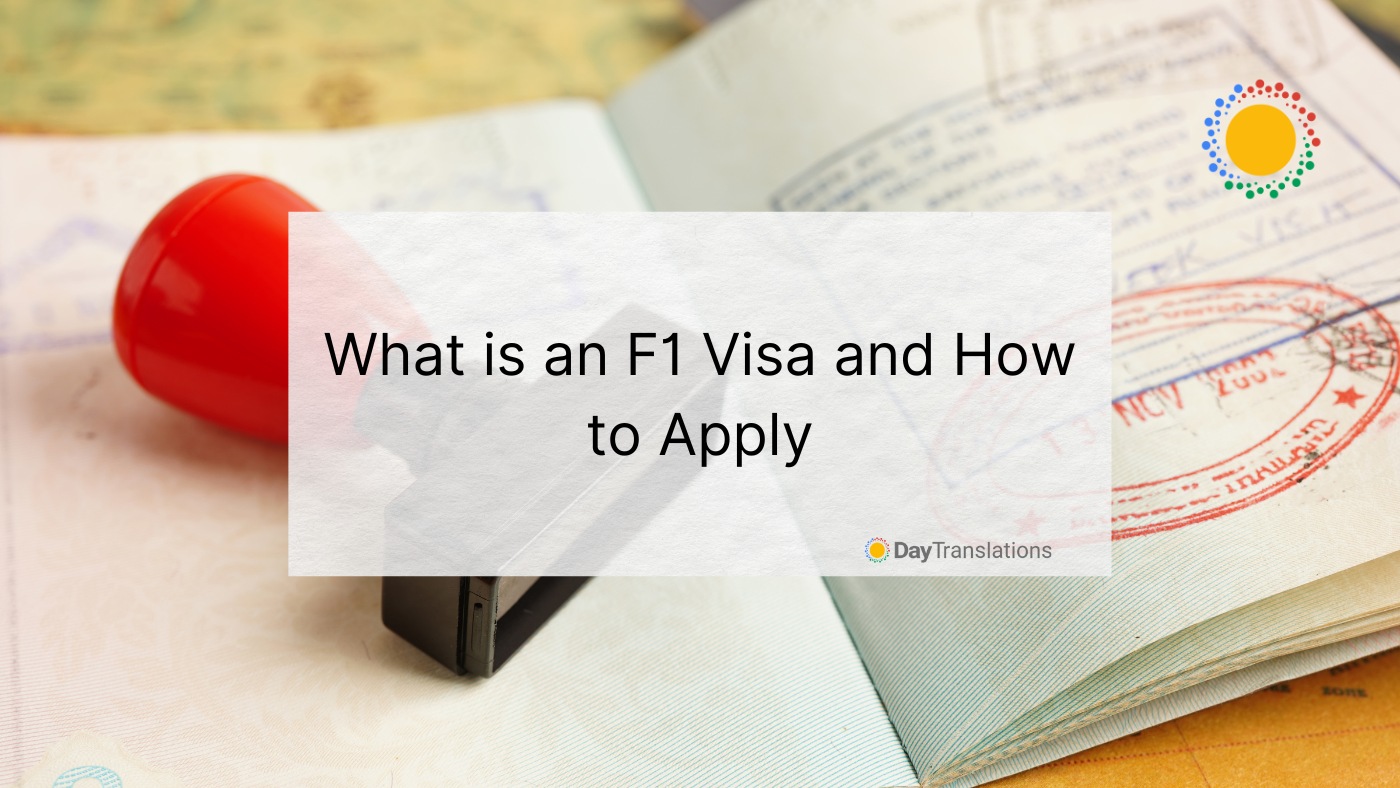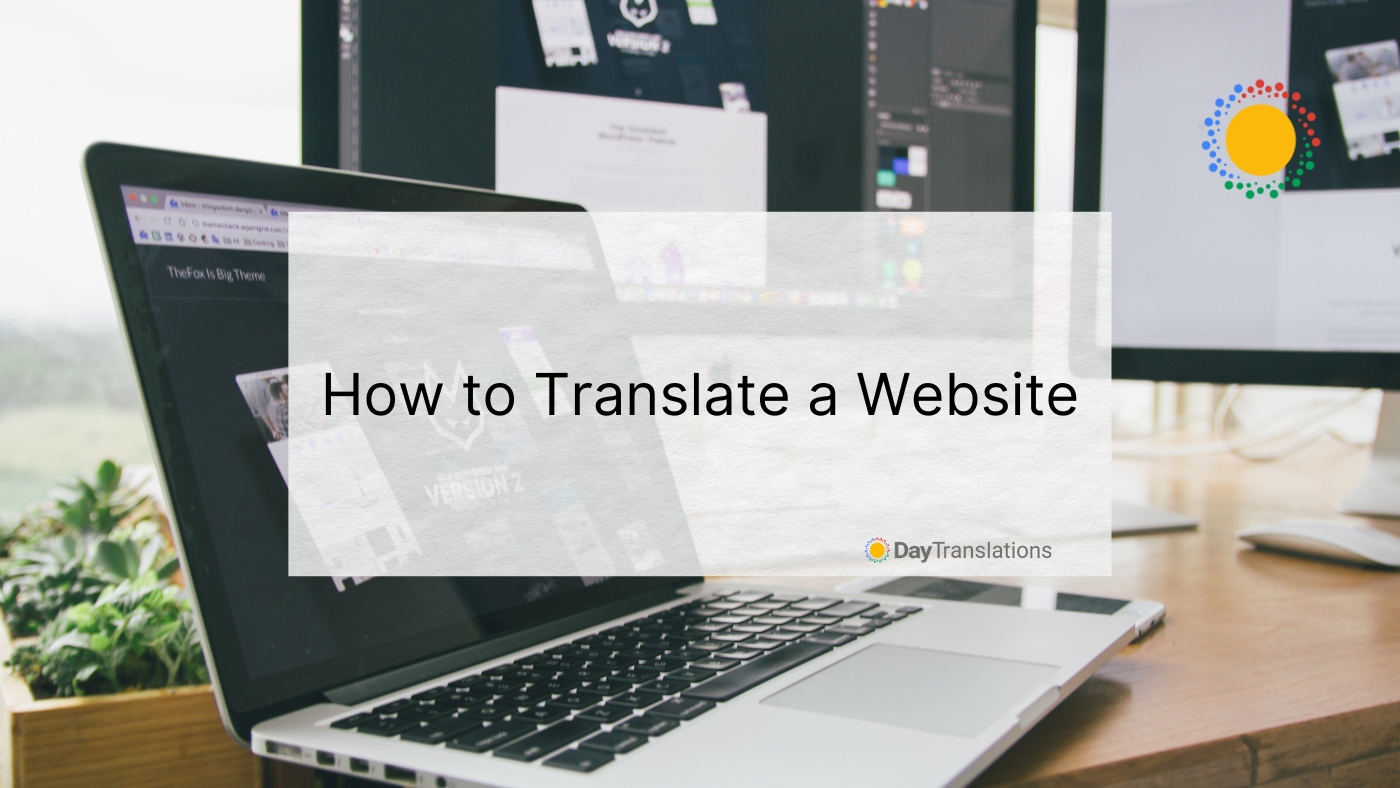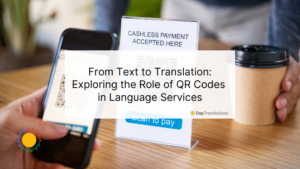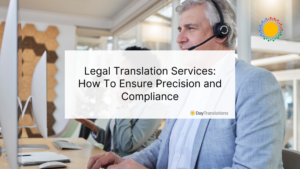There are several reasons why the United States is one of the leading destinations for students all around the globe who decided to have the experience of studying abroad.
The U.S. presents a wide range of institutions with flexible curriculum and higher education degrees, that allow students to specialize in more than one academic discipline. People find a variety of options with different programs. Also, U.S. universities rank high in global levels of education.
Now, visa restrictions to study abroad have always been a controversial matter. Adding American immigration regulations and a global pandemic has only made it more complex. But we are here to help.
The current situation shouldn’t stop anyone from having the experience of studying abroad. Here, you’ll find a guide that will guide you through what F-1 visas are and what is the application procedure.
Let’s take a look!
What is an F1 visa?
F-1 visas are non-immigrant student visas that allow foreigners to study academic or language training programs in the United States. Students could complete an entire course of study and then stay in the U.S. for up to 60 more days after completing the academic program. They could also apply to stay and work for a period of time under the Optional Practical Training (OPT) program.
These visas are granted only in U.S. embassies and consulates in foreign countries. The extensions to stay longer or change the status of the stay may be requested and acquired on American soil.
An important thing to consider before applying for an F-1 visa is that students would have to prove that they are capable of supporting themselves during their stay in the U.S. The opportunities for legal employment are limited, although the OPT program offers possibilities that we’ll comment further on.
The OPT program aims to help foreign students to access a job during their stay in the U.S. This job experience can only start once the student obtains a degree. The purpose is that he or she may work in their particular area of expertise for a period of 12 months, after which, the student would have to return to their home country. Nonetheless, depending on performance, the employer could fund the student to get an H-1B visa (a dual-intent visa). This process can only be initiated by the employer.
In addition to the F-1 visa, entrepreneurs who own a business in their home country can pursue an E2 visa. To this end, an important step is creating an E2 visa business plan.
How to apply? A Step by Step Guide
-
Apply to a U.S. University Program
Before applying for a student visa, the first step is to decide what to study. Once you find what interests you the most, which field of expertise is the most compelling to you, then you can choose which University offers the most convincing program. To begin your visa application process, you’ll have to present an acceptance letter from that University.
-
Pay SEVIS Fee
When approved by an institution, the student will be enabled to pay the SEVS I-901 fee of USD 350 to be registered in the Student and Exchange Visitor Information System (SEVIS). After that, the student would receive the Form I-20, which will be sent to a consular officer.
-
Complete F-1 Visa Application Form (Form DS-160)
To do so, the student must pay a non-refundable visa application fee of USD 160. The application is available online, so the Form can be completed and then printed for the next step.
-
Have the F-1 Visa Interview
This is a crucial step since it defines eligibility. The interview will take place in a U.S. embassy or consulate. Here, the interviewers will determine the level of qualification to receive the F-1 student visa. During the interview, the passport is requested to include the visa (the applicant will be notified to get it back) and digital fingerprint scans will also be taken.
This is a list of the documents required for this stage of the application process:
- Form DS-160 (The Nonimmigrant Visa Application)
- The application fee payment receipt
- Passport and a passport photo
- A Certificate of Eligibility for Nonimmigrant (F-1) Student Status (Form 1-20)
- Any additional documents requested to prove eligibility for the F-1 student visa, such as diplomas, academic transcripts, certificates, language or other test scores (TOEFL, SAT, GRE, or GMAT), and proof of financial stability and intent to depart the U.S. after completion of the program.
-
Await Visa Confirmation
F-1 student visas can be issued up to 120 days in advance of the start date for a study program. It would be helpful to verify the average visa appointment waiting times for the U.S. embassy or consulate in your country. Navigating through the complexities of passport visa regulations is crucial for international students, ensuring a smooth transition to studying in the United States.
Count on Us!
As we’ve mentioned, to follow this process correctly, you’ll have to make sure to present all of the required documents, certificates, and receipts. Even if it’s a letter from a university professor supporting your study plan, it would all have to be translated.
We offer you accurate and reliable certified translation services. We have experience working with students and applicants, so don’t hesitate to contact us to translate your documents!












Sorry, the comment form is closed at this time.